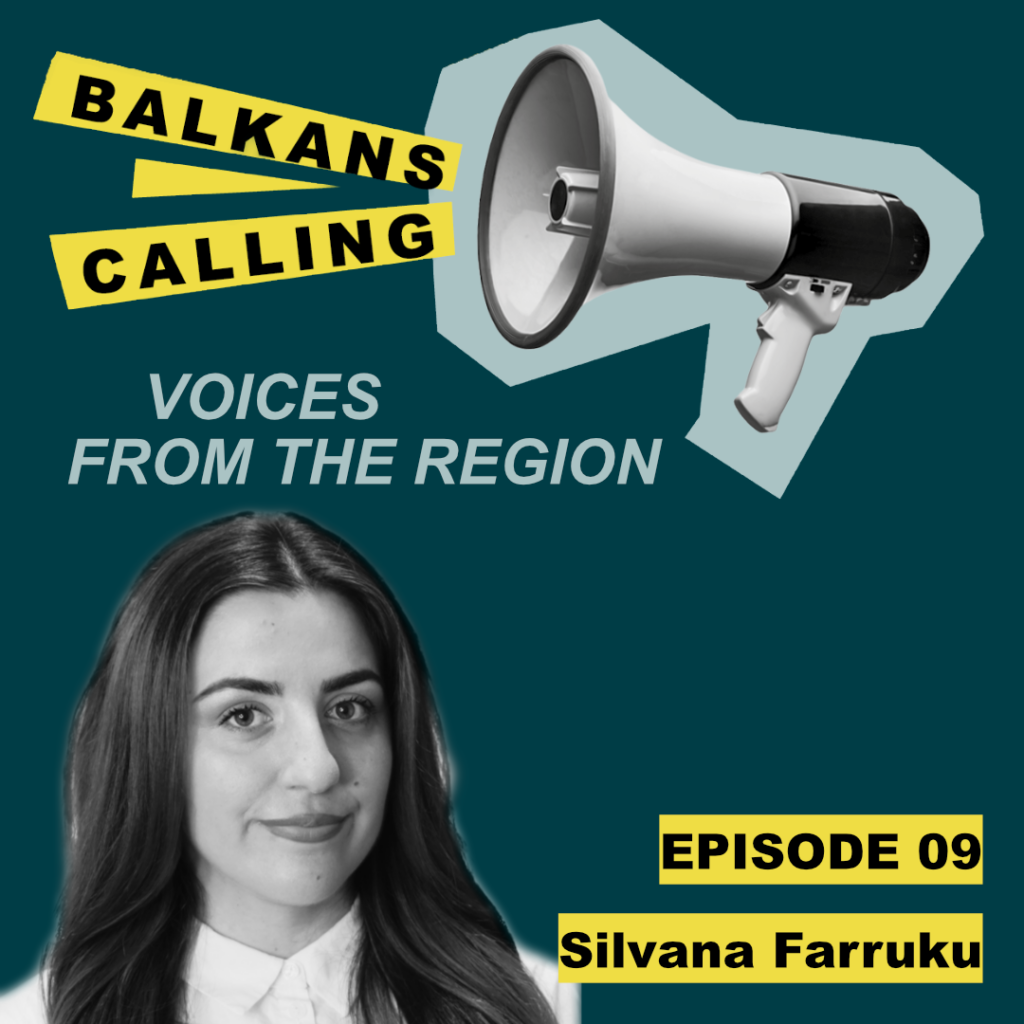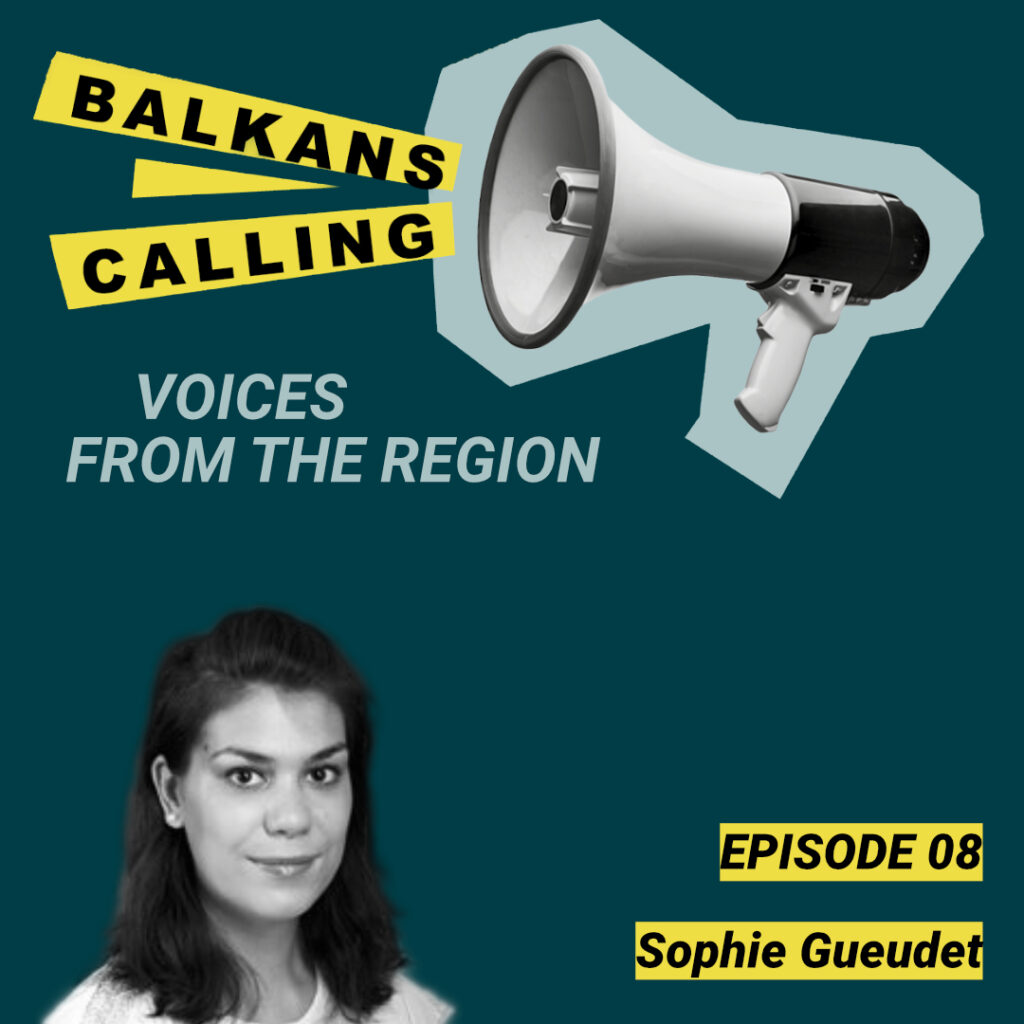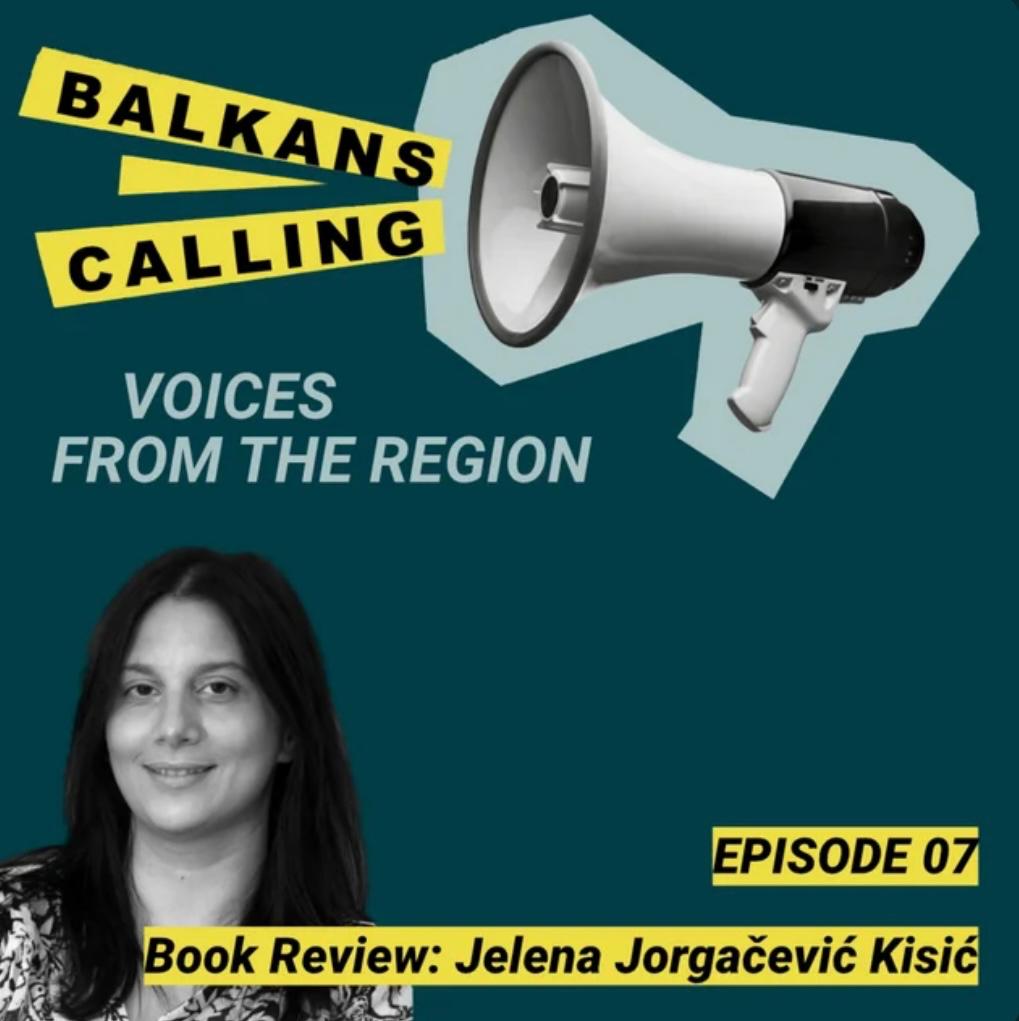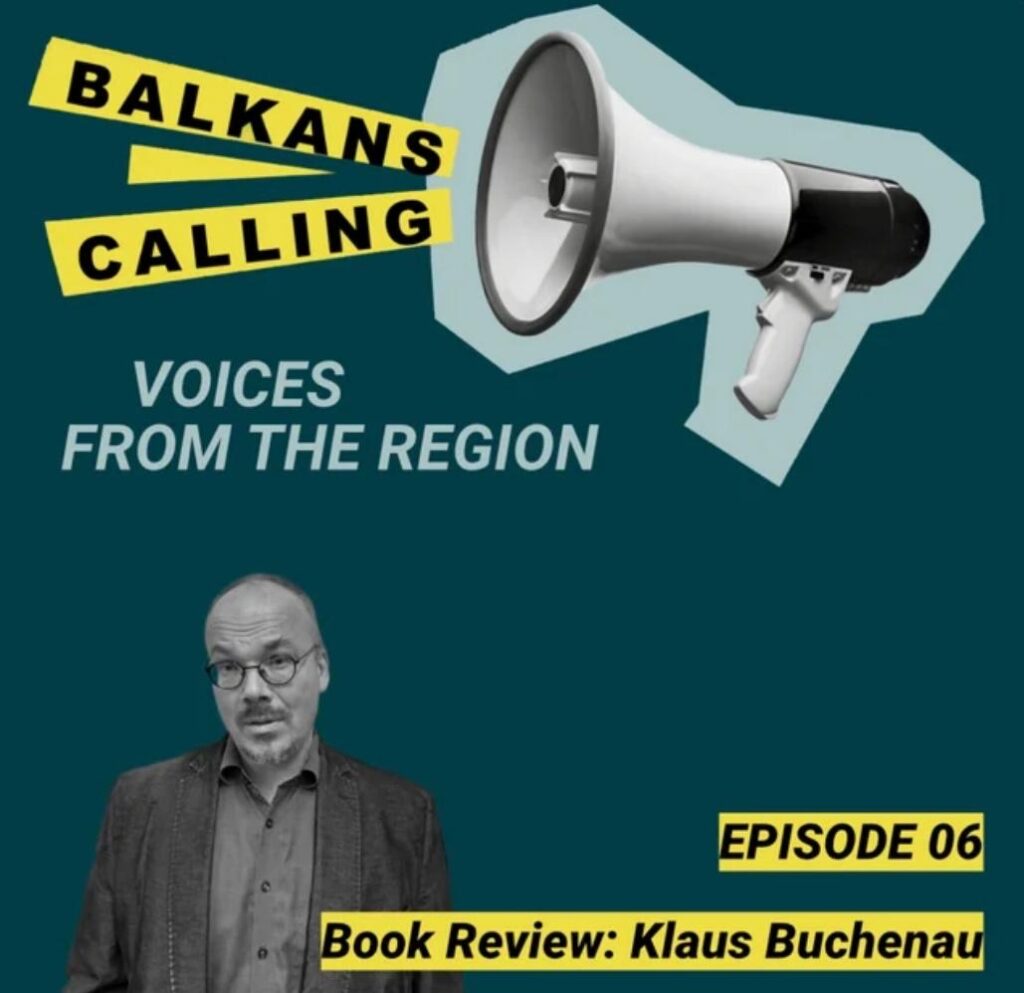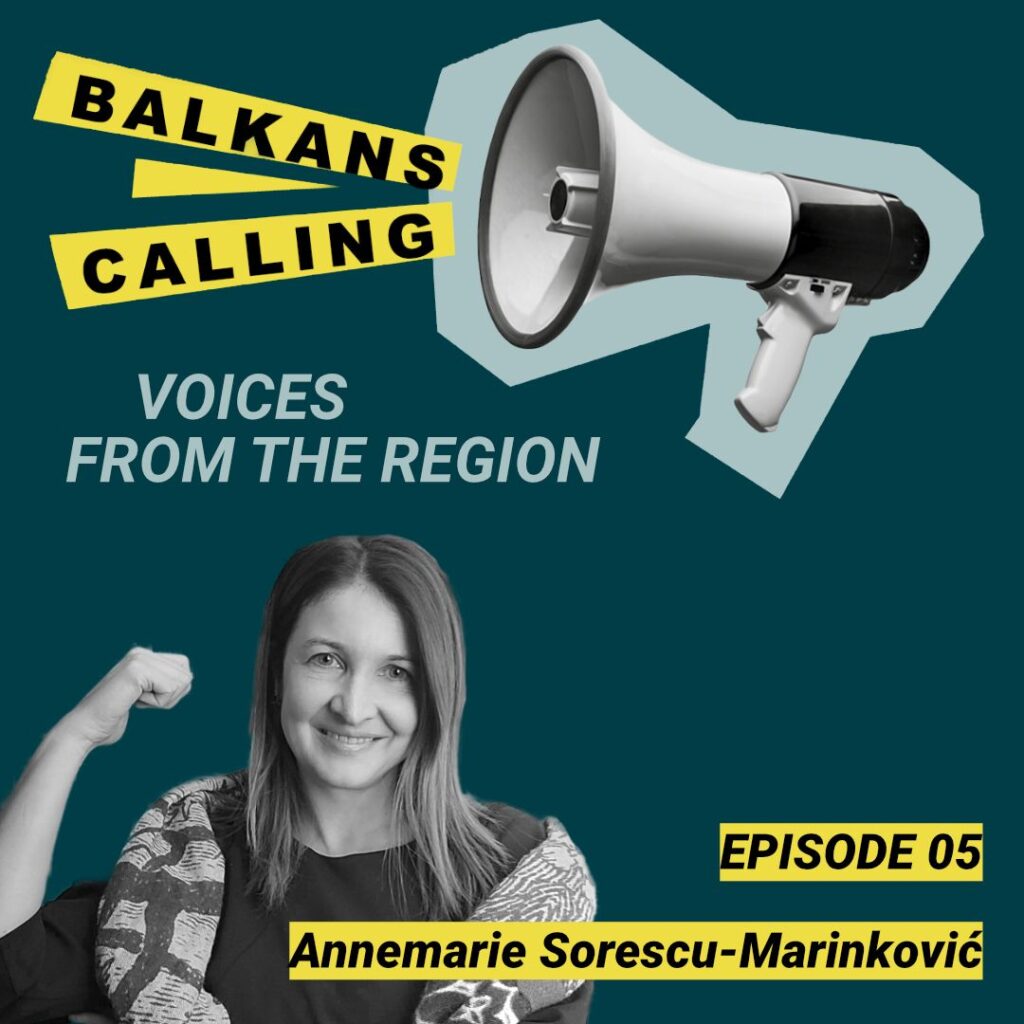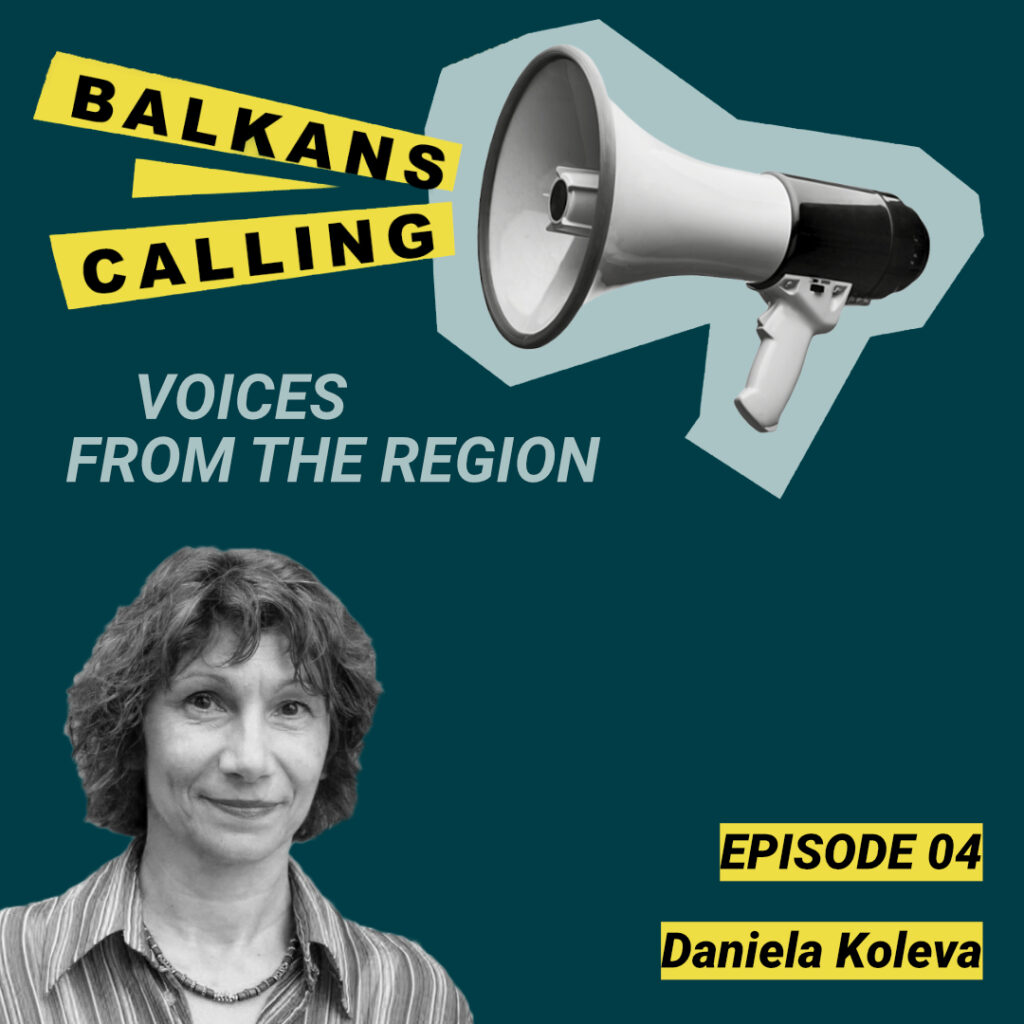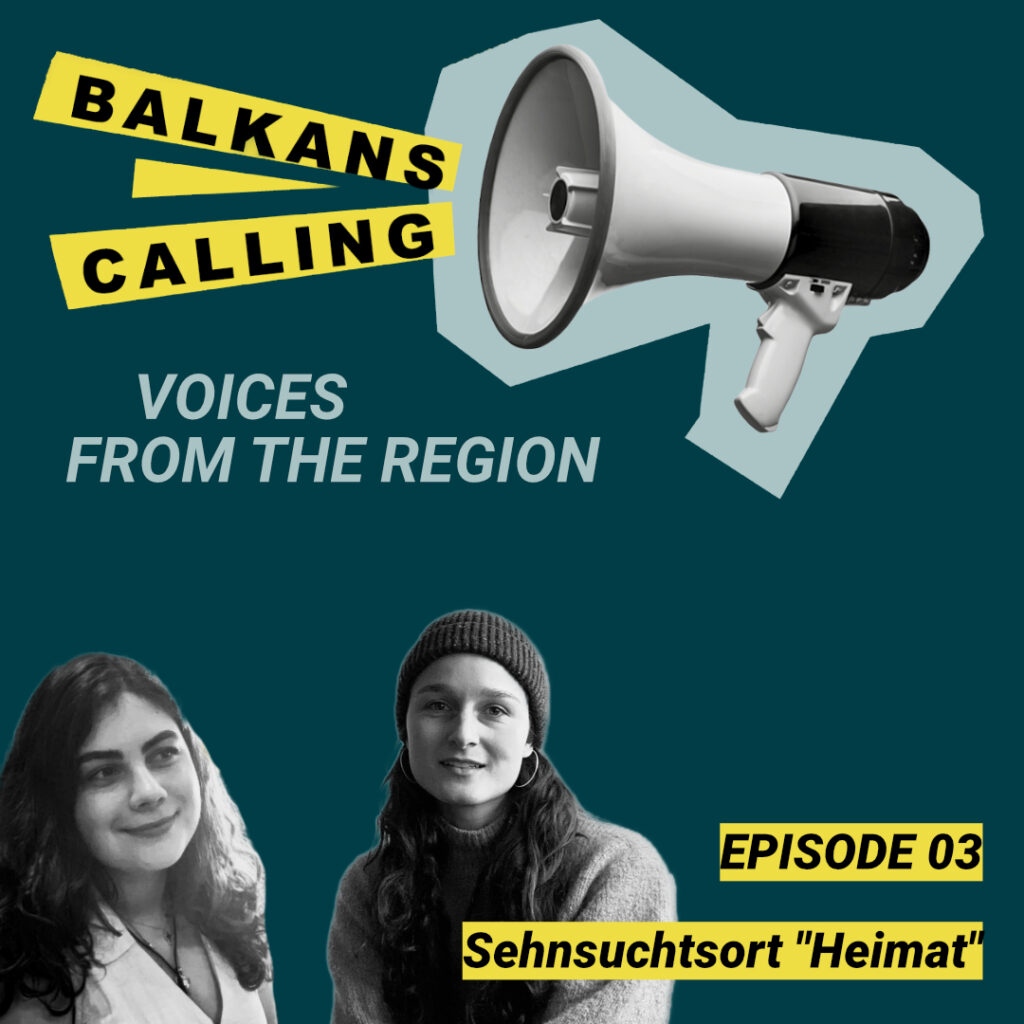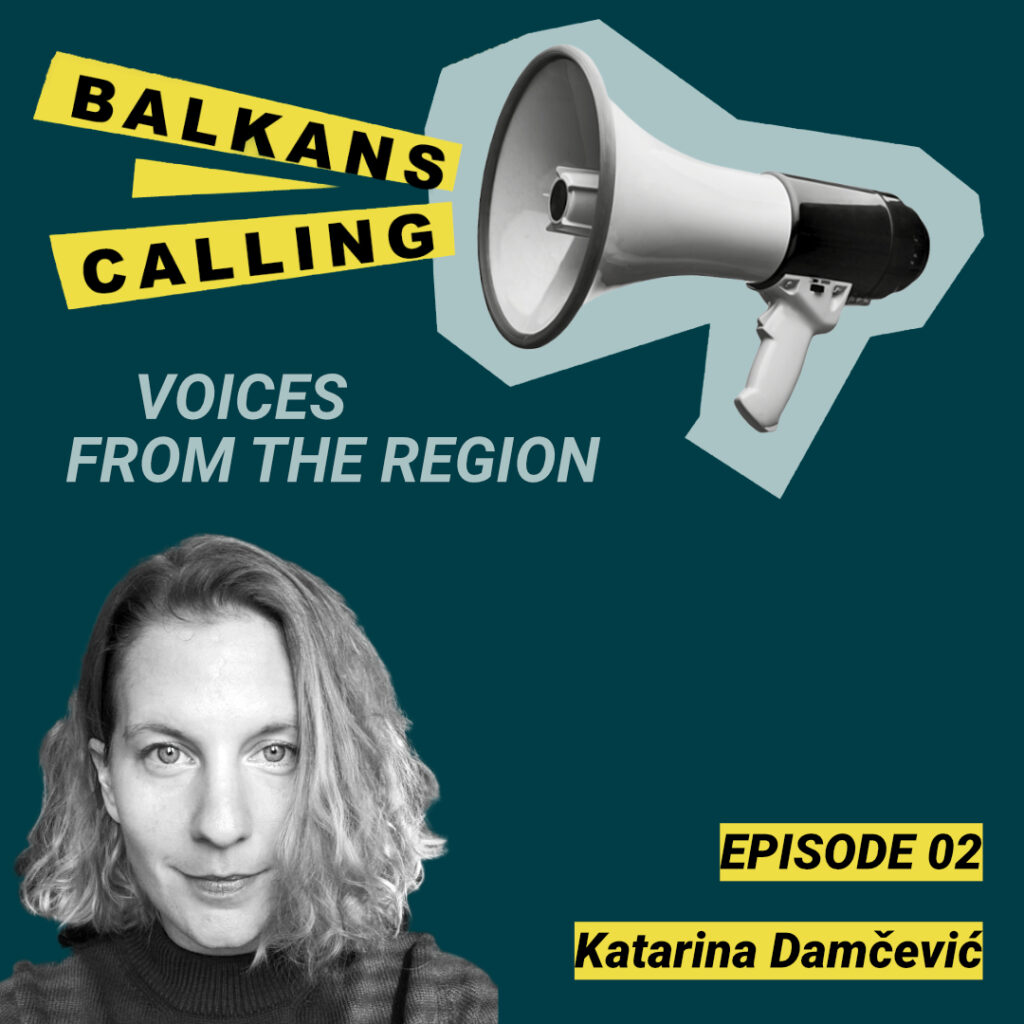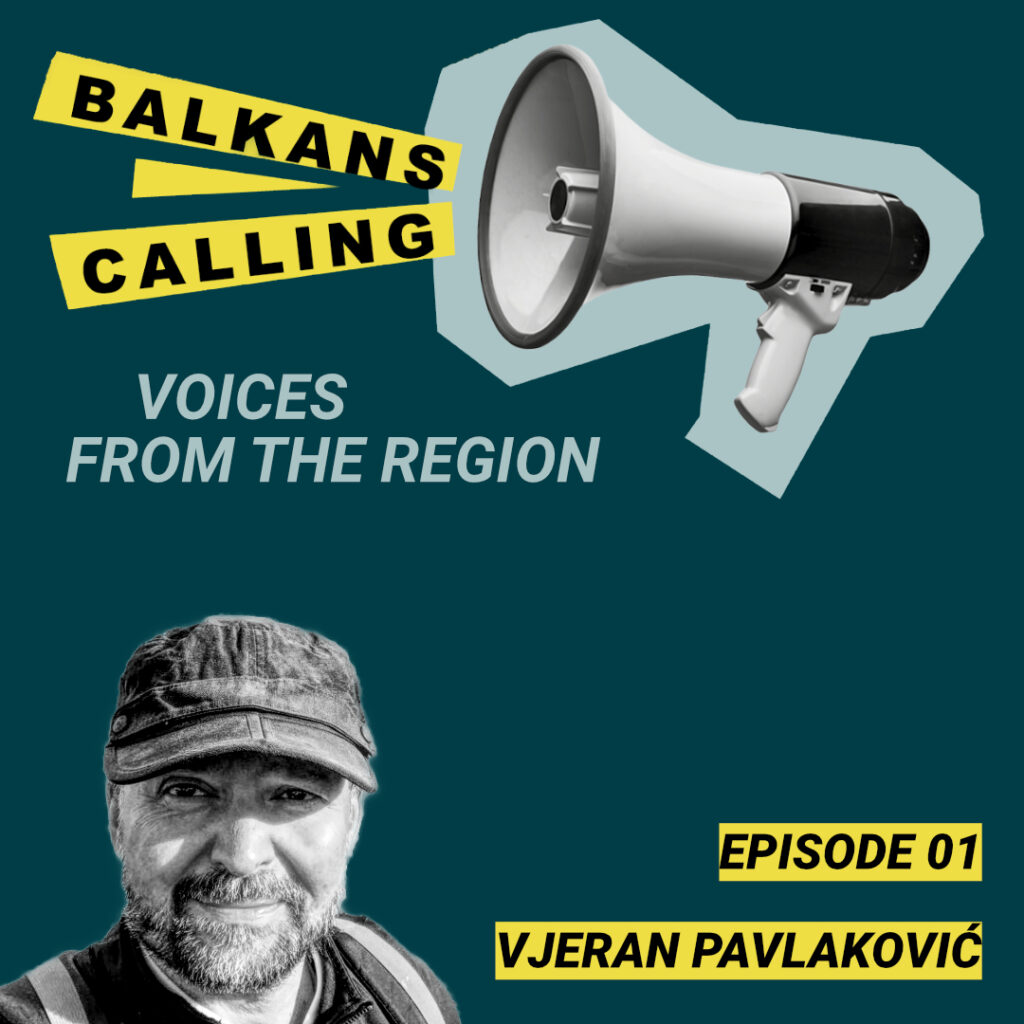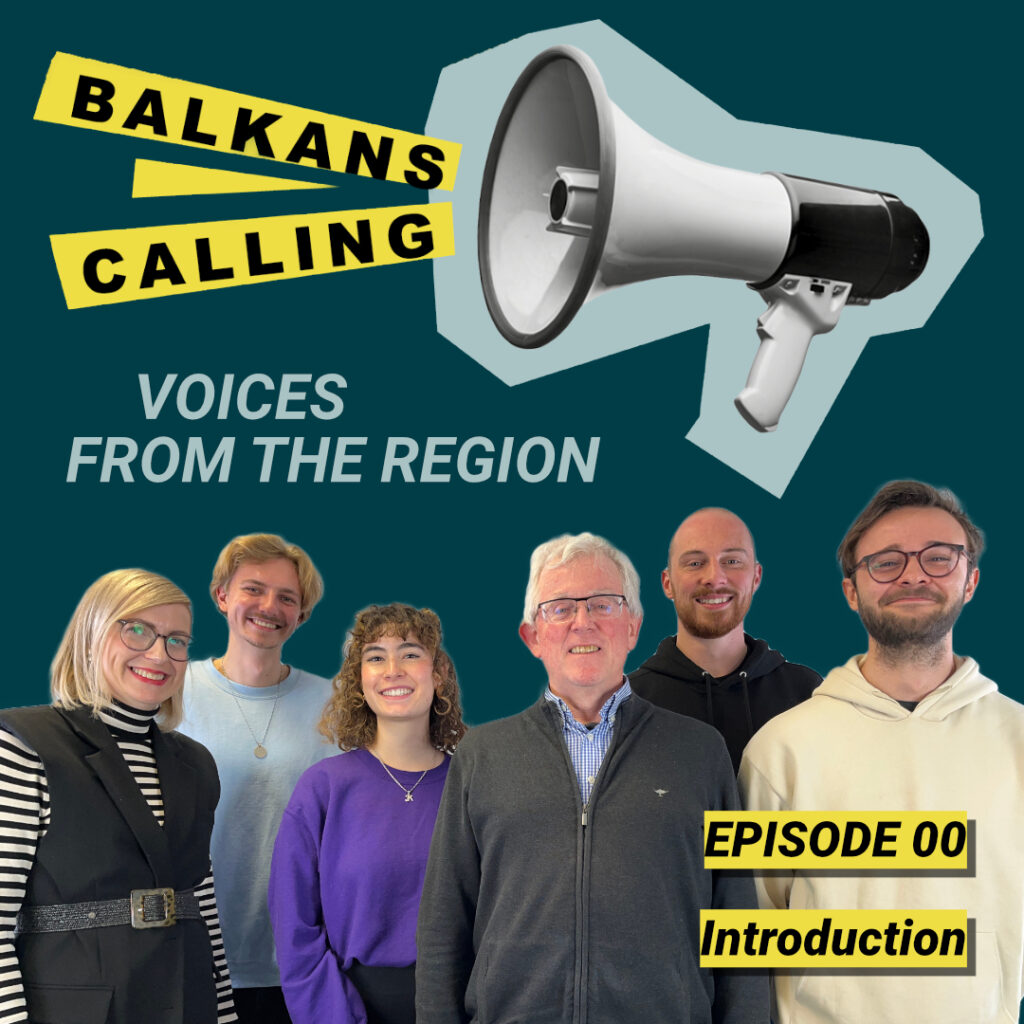Ep. 08 – Sophie Gueudet
We live in a world of many societal conflicts, contested states, and ongoing wars. How can academics approach these issues and contribute to a better understanding of them? Can researchers offer solutions for conflict resolution and predict future developments based on their insights?
We discussed these topics with Sophie Gueudet, a historian of war and conflict currently serving as PeaceRep Ukraine’s Research Officer. Her expertise encompasses separatism and secession, contested states and unresolved territorial conflicts, as well as civil-military relations in intra-state wars in Southeastern and Eastern Europe and the Caucasus. Since January 2023, she has been researching the effects of the war against Ukraine on Russia’s constellation of client de facto states. Sophie defended her PhD in January 2020 with a dissertation titled “Bridges over the Drina: History, Modality, and Outcomes of the Bilateral Cooperation between Serbia and Republika Srpska (1995-2016).”
In this episode, we focused on her research on the relations between Serbia and Republika Srpska, which sheds light on actors and developments from below.
An interview by Ger Duijzings.
Our podcast recommendation this month: NIOD Rewind Episode 37 – Navigating field research in conflict-affected societies by the Institute for War, Holocaust and Genocide Studies in the Netherlands
